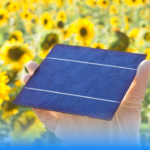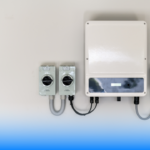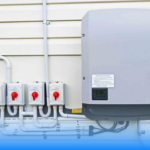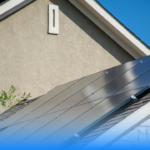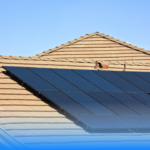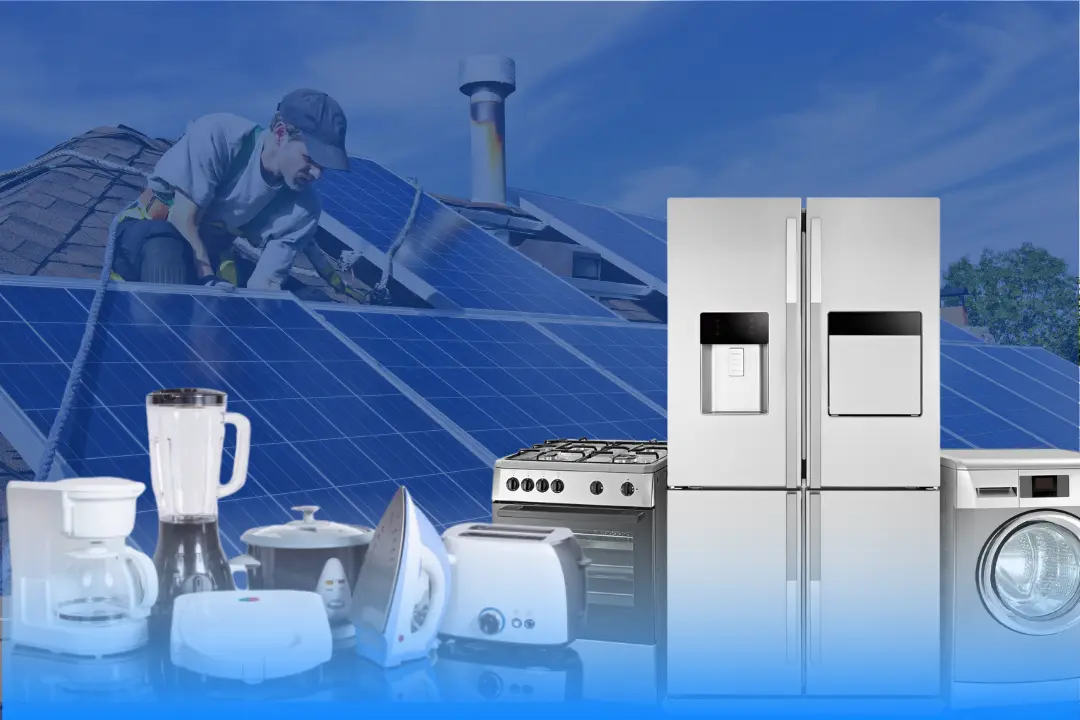Is the UK Sunny Enough for Solar Panels to Work?
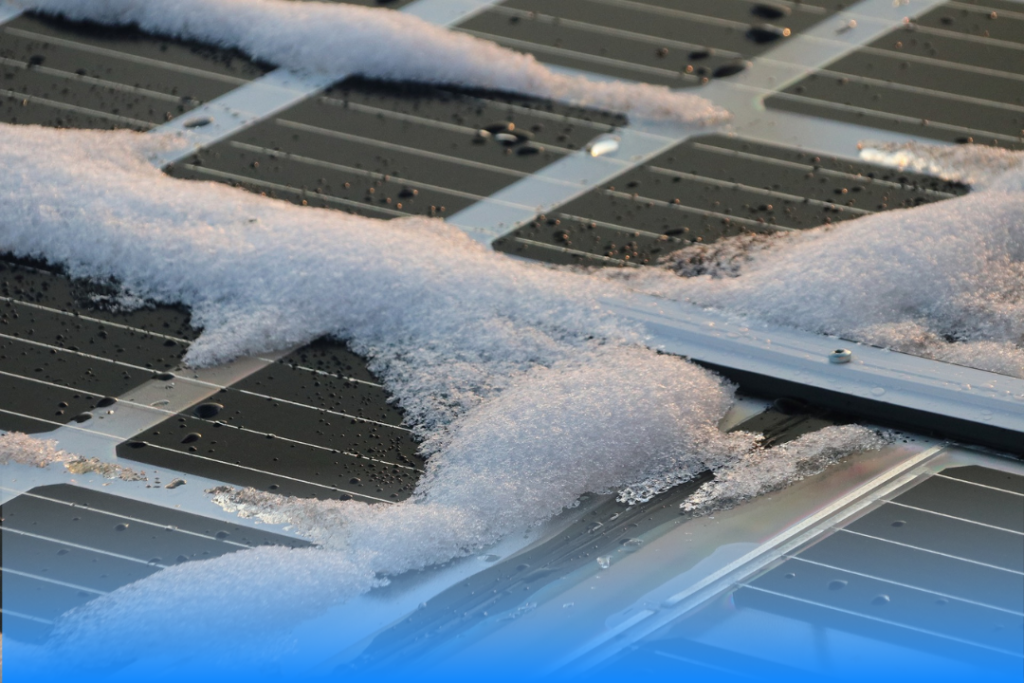
Table of Contents
1. Can Solar Panels Work in the UK’s Cloudy Weather?
Many people believe that solar panels need direct, constant sunlight to work efficiently. While the UK may not have the same sunshine levels as southern Europe, modern solar technology is designed to work in both sunny and cloudy conditions. In fact, solar panels in the UK are highly effective, as they can still generate electricity on overcast days.Pro Tip: Solar panels don’t need direct sunlight to work! They generate electricity from visible light, so even in cloudy weather, your panels are still producing energy.
2. How Solar Panels Generate Electricity in Low Light
Solar panels rely on photovoltaic (PV) cells, which convert sunlight into electricity. These cells don’t just capture direct sunlight—they can also absorb diffused light, which is scattered by clouds. While the efficiency of solar panels may drop slightly on cloudy days, they still produce a significant amount of energy. Even indirect sunlight contributes to the overall output.| Weather Condition | Energy Output |
|---|---|
| Full Sunlight | 100% |
| Partly Cloudy | 80-90% |
| Overcast | 40-50% |
Get your best deal
Quickly compare 4 FREE quotes
- ✅ Free Quotes, Easy Savings.
- ✅ Compare & Conquer Your Bills
- ✅ Save Big, Live Large, up to £1095/Year
© It only takes 22 seconds
3. Solar Energy Potential in the UK
Believe it or not, the UK has more solar energy potential than you might expect. The country averages around 1,200 hours of sunlight per year, with some regions in the south receiving over 1,500 hours annually. This means that UK homeowners can still see significant benefits from installing solar panels, particularly in the summer months when the days are longer.Pro Tip: South-facing roofs with minimal shading will maximise your solar panel output, making the most of the UK’s available sunlight.
WHAT IS YOUR AVERAGE MONTHLY ELECTRICITY BILL?
4. Benefits of Installing Solar Panels in the UK
Despite the UK’s reputation for cloudy skies, there are many benefits to installing solar panels:- Lower energy bills: Even with limited sunshine, solar panels can significantly reduce your electricity bills.
- Reduce your carbon footprint: Solar energy is a clean, renewable source of power that helps reduce your reliance on fossil fuels.
- Earn money with the Smart Export Guarantee (SEG): You can sell excess energy back to the grid, earning money on top of your savings.
5. Maximising Solar Efficiency in Cloudy Climates
To get the most out of your solar panels, there are a few strategies you can adopt:- Choose high-efficiency panels: Monocrystalline panels tend to perform better in low-light conditions compared to polycrystalline options.
- Use a solar battery: Storing excess energy during the day allows you to use it during the evening or on cloudy days.
- Angle and orientation: Ensure your panels are optimally positioned for maximum sun exposure, ideally facing south with a tilt of 30-40 degrees.
Pro Tip: Regular maintenance, such as cleaning your panels to remove dirt and debris, can help keep them running efficiently year-round.
Interested in Solar for Your Home?
With the right setup, solar panels can work efficiently in the UK, even with its cloudy weather. Compare quotes from trusted local installers and start saving on your energy bills today.Get your best deal
Quickly compare 4 FREE quotes
- ✅ Free Quotes, Easy Savings.
- ✅ Compare & Conquer Your Bills
- ✅ Save Big, Live Large, up to £1095/Year
FAQs
No, solar panels can generate electricity from diffused light, which means they still work on cloudy days, though at a reduced efficiency.
Yes! Despite its cloudy weather, the UK has sufficient sunlight for solar panels to work efficiently, especially in the south.
Solar panels can still generate 40-50% of their typical output on overcast days, ensuring a consistent energy supply.
Choose high-efficiency panels, store energy in a solar battery, and ensure your panels are positioned and maintained properly.
Yes, through the Smart Export Guarantee (SEG), you can earn money by selling excess energy back to the grid.


